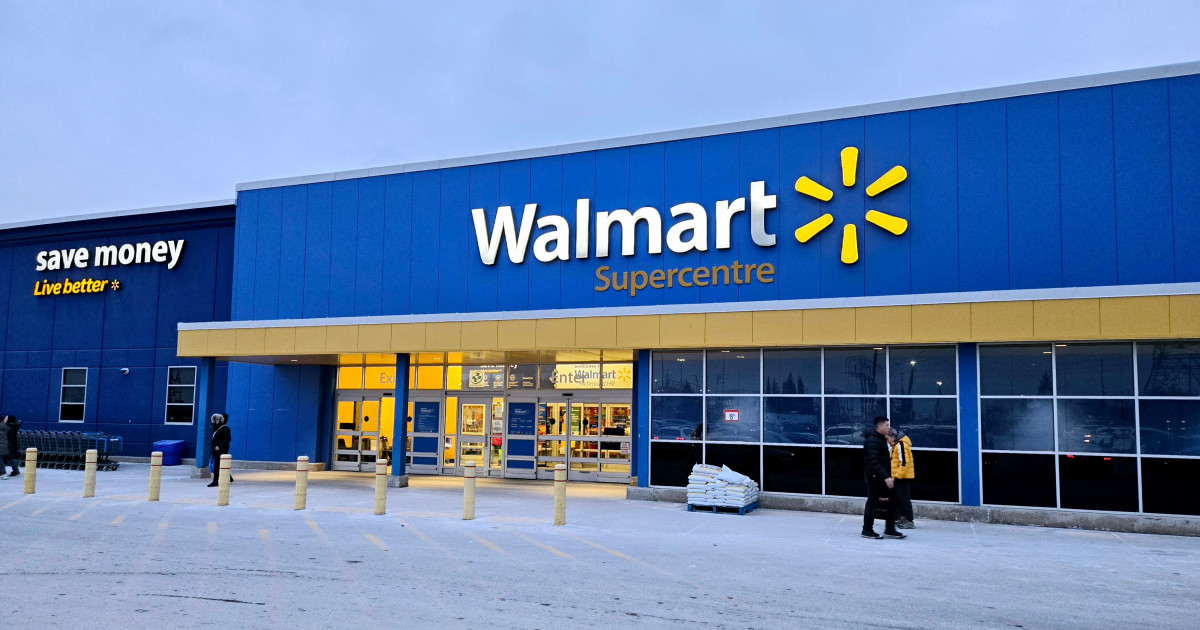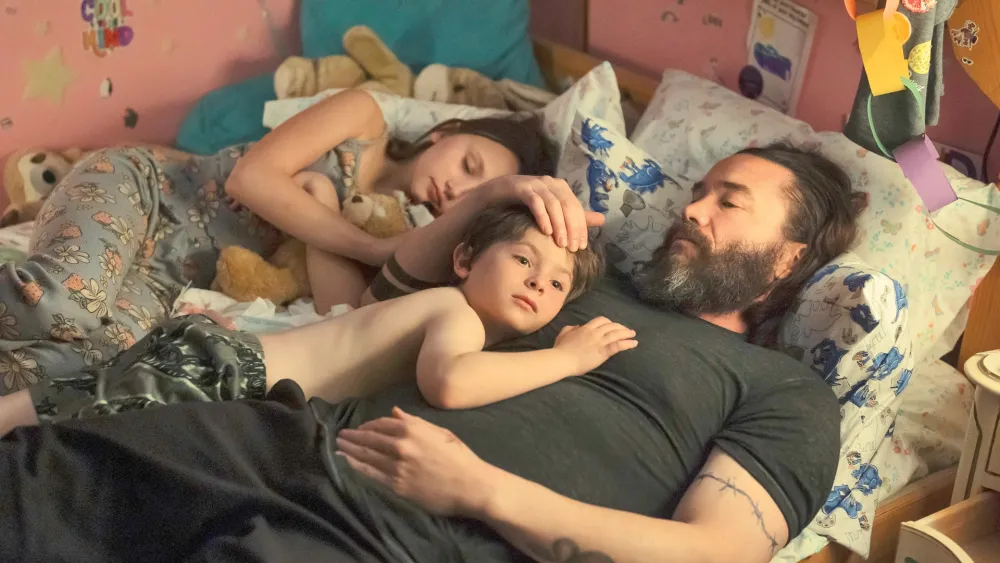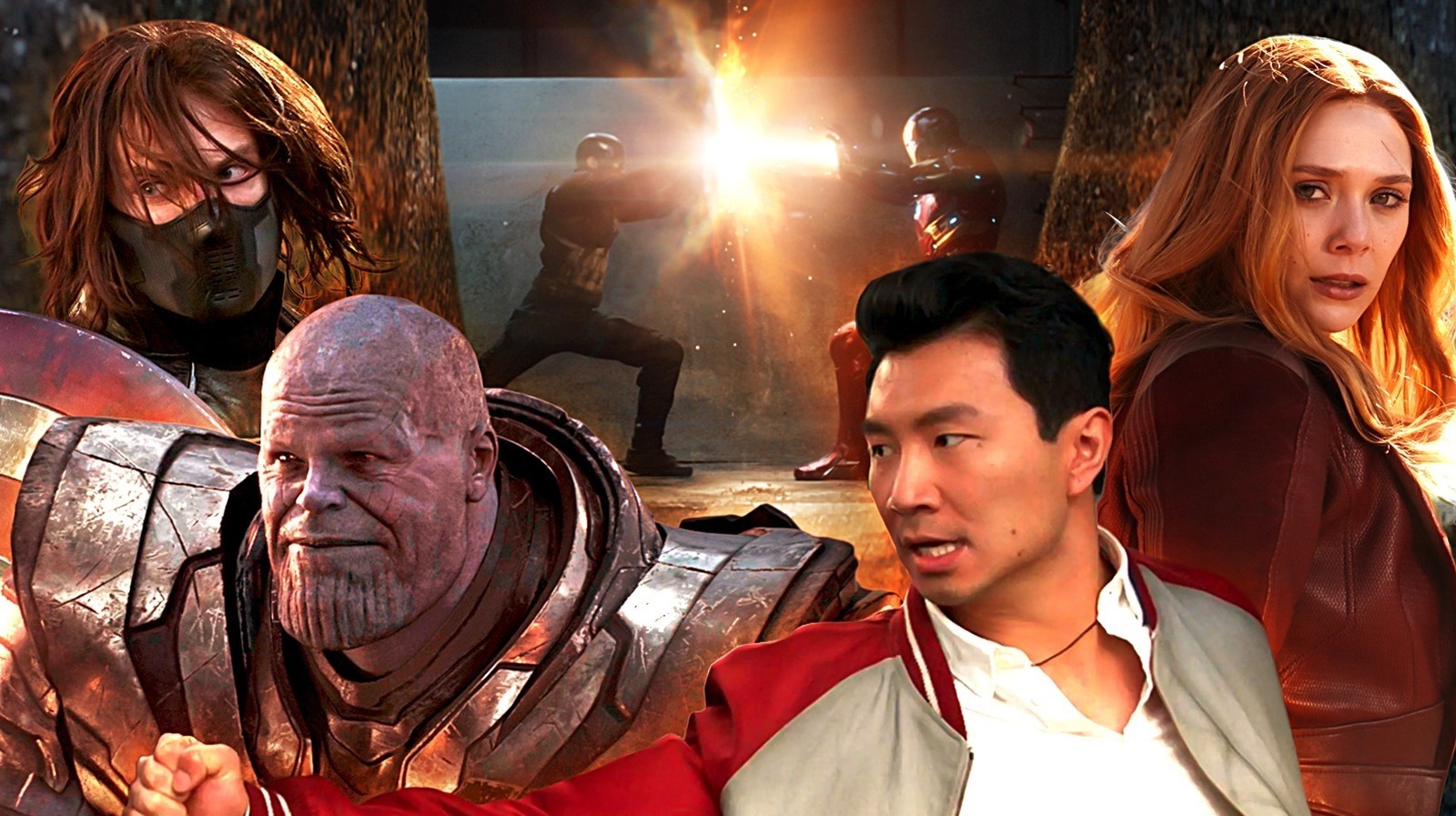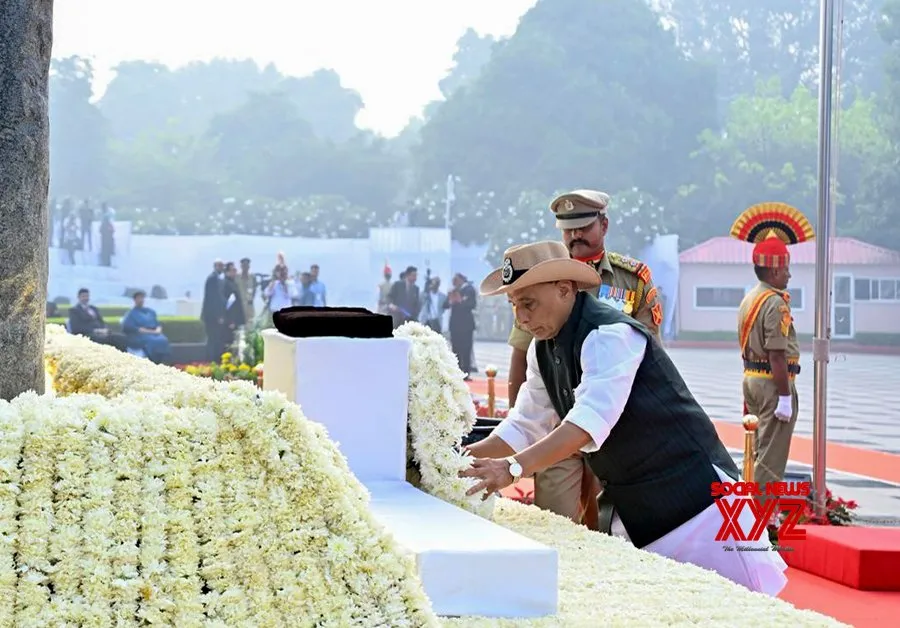Copyright cleveland.com
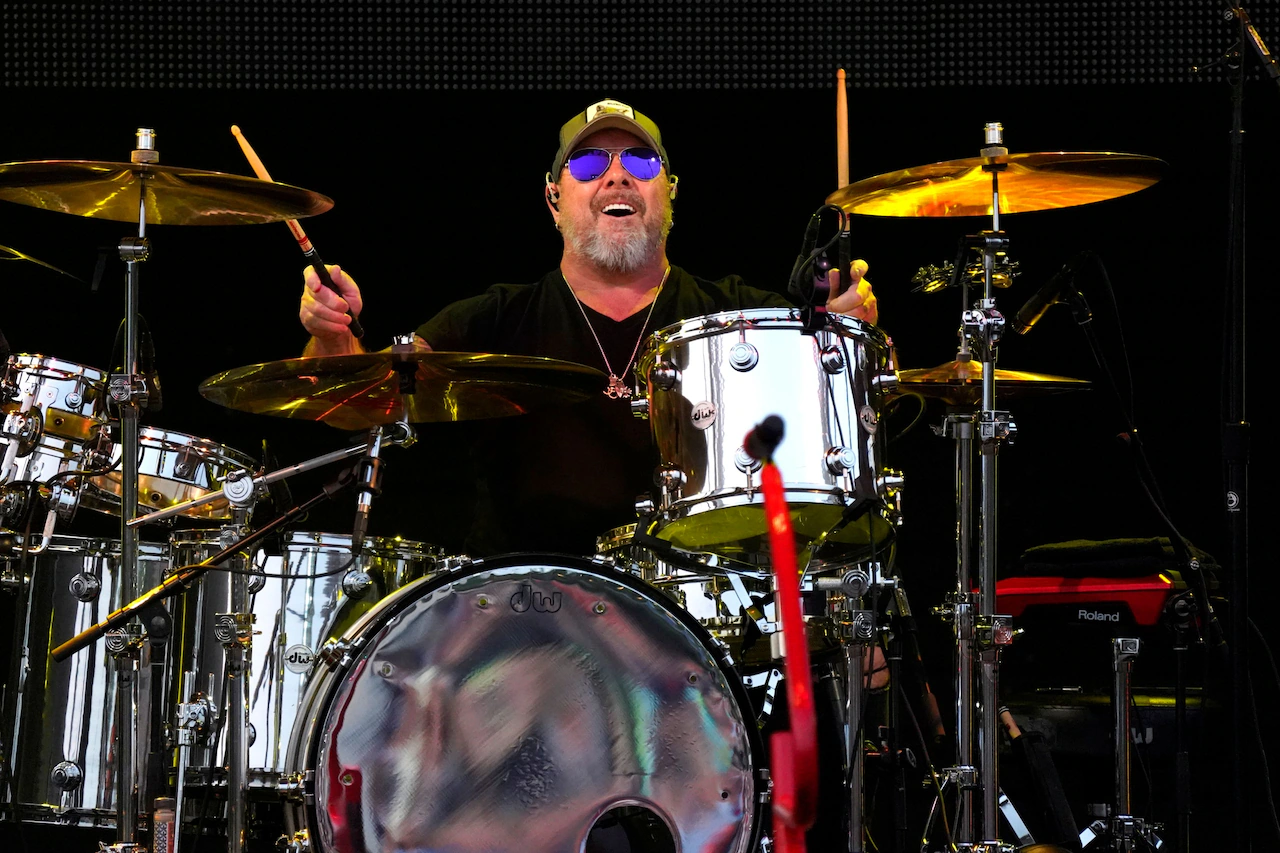
For the past 15 years, Jason Bonham has been making sure his father’s beat goes on. Bonham, 59, is the oldest child of Led Zeppelin’s John Bonham, who passed away in September 1980, when his son was 14. A drummer like his dad, the younger Bonham had actually impressed the other members of the band when he took over the drum stool during sound check for 1979 concerts at Knebworth, England and played with power and authority. He did it for keeps with Led Zeppelin at the 1988 Atlantic Records 40th anniversary concert in New York after touring with guitarist Jimmy Page that year, and again during December 2007 at Led Zeppelin’s final performance, at the O2 Arena in London. He was on drums as well for a performance of “Stairway to Heaven” when Zep received its Kennedy Center Honor in 2013. Bonham also has led a band that bore his own name and played with Foreigner, Steel Dragon, California Breed, Sammy Hagar & the Circle and others after that, and he’s still a member in good standing of the all-star Black Country Communion. In 2010, meanwhile, he began paying homage to his father with Jason Bonham’s Led Zeppelin Experience, now known as the Led Zeppelin Evening, playing the songs and telling stories, accompanied by archival video footage. This year Bonham and the Evening band have been celebrating the 50th anniversary of Zep’s celebrated “Physical Graffiti” album, and he tells us via Zoom that he’s happy to ensure the songs remain the same for the faithful still flocking to hear them... Fifteen years of the Jason Bonham Evening -- what’s that feel like? Bonham: You know, it’s a project I really didn’t think I was going to do that long -- not because I don’t like it, it was just sometimes too much of a good thing is bad. I’ve realized it’s not about what I want, really. People write to me -- I’m almost 60 now and I still get emotional about it -- and I see what Zeppelin meant to so many people. They can’t hear (Led Zeppelin) do it anymore, so they have us and there’s an authenticity to this and a sincerity that makes it work. So who am I to stop it? It’s really taken on a life of its own, and I’m glad. It’s more than “just” a tribute band. Bonham: That’s right. I get the odd people who go, “Why are you doing it? Why don’t you do original music?” I go, “Well, go online and there’s this album and this album and...that’s all my original stuff. But nobody talks about that stuff, and probably won’t come out to hear it. But the Zeppelin stuff... How has it been playing all of “Physical Graffiti” this year? Bonham: That to me is THE Zeppelin album, so I love it. It’s very self-indulgent to get an audience to sit through a whole album, and especially a double album. But from what we’ve done so far it’s one of the most successful runs we’ve ever done. It was the first time we’d ever had to go into a place and rehearse; we had done nearly every one of these songs over the 15 years at some point, maybe just one tour, but we’d never thought of actually doing it as the whole album. (Led Zeppelin) used to do “In My Time of Dying” live, they did “Kashmir” live, “Ten Years Gone,” “Sick Again,” “Black Country Woman”... But Zeppelin never played “In the Light” or “Boogie With Stu.” I’m not sure about “The Wanton Song;” I know Page and Plant did that, but I don’t think Zeppelin did. So we’re getting a lot of feedback from people, just that, “It’s great to hear those songs in a live environment. You’re playing the album out of sequence, though. Why? Bonham: Well, first, we’re trying to keep people engaged in this. If I went to a concert and knew it was going to be in order, you then subconsciously go, “Ah, I can nip off to the bathroom on this one if it’s not one of my favorites.” No, no, no. So when you put an album together you’re trying to get the attention of people who are listening, and a show’s a different thing. And there’s no way you can put “Kashmir” that early in the show, where it sits on the album. What have you learned from immersing yourself in the album for the tour? Bonham: For me, going in there and really focusing on the songs to play them live, there are some songs you forget about. “Night Flight” and “Down By the Seaside” are two of my favorite parts of the show; I still think Neil Young would do a great version of “Down By The Seaside.” But having an extra musician, ‘cause there’s five of us and Led Zeppelin had four, let’s us cover some of the nuances. Like in “Ten Years Gone” there’s one little sitar repetition (sings) that we give to Alex Howland, who can play a million things, and he’s like, “Is that all you want me to do?” But you hear it along with Jimmy’s (Sakurai) guitar and the hairs on the back of your next stand up. And “In the Light,” we arranged it from listening to bootlegs and hearing how (Led Zeppelin) did it...There’s so many things that are there in these songs that you don’t realize until you really dig into them. What was it like to learn these songs direct from the horses’ mouths, as it were? Bonham: People ask me a lot, “What was the highlight of playing with them again?” when we did the (2007) concert. To be honest with you, the highlight was the six weeks leading up to it, being with them from 11 in the morning ‘til six at night, five days a week. And on the weekends being around them on a daily basis...that’s the thing I miss the most, because it’s my dad’s peers, my dad’s bandmates. You’re having conversations with them musically, to the point where they were like, “Whoa, slow down, cut the coffee out” because I was constantly asking questions. (laughs) I had suddenly gone from this younger version of me, when I’d played with them before and kinda had a chip on my shoulder, and now I was a sober 39-year-old that wanted it to be perfect, wanted the knowledge, wanted to ask them all the questions and know everything. So that was just great. There was talk about continuing after the 2007 show. Robert didn’t want to, but you and Jimmy and John (Paul Jones) tried it with some other singers. Were you sorry nothing ultimately happened? Bonham: (Plant) gets a lot of grief for that. We had a great conversation right after the O2...We went to (a pub) to watch a football game, and on the way back my son dozed off and I said, “I’ve got to ask you...are we gonna get the band back together?” and he said, “I loved your dad way too much...Everything we said when your father passed, it would be like we didn’t mean it. When your father left us, left the world, that was it for Led Zeppelin. I can’t go out there and fake it. I can’t be a jukebox. I can’t. We couldn’t do what the Who did. It was too vital. I can’t go out there and try and do it that way.” That’s the way he truly felt, so you can’t argue with it. Have you given any thought to what you’re going to follow this with? Bonham: If anything, doing this for 15 years has inspired me to always go, “What could be next? What’s next year?” And it’ll Be “Presence,” one of my favorites, and underrated for some people. But you`ve got “Nobody’s Fault But Mine” and “Achilles Last Stand,” “Candy Store Rock”...We’ve definitely got to try it. I can’t wait. And then maybe -- because I’m not too sure if I’ll be able to play that well in 2029 -- “In Through the Out Door” in its entirety for its (50th) anniversary would be fabulous. So there`s a plan. Fans were surprised, and so were you, when Sammy Hagar changed drummers last year. Are you guys on good terms still? Bonham: Absolutely. I had an amazing 10-year run with Sam. I wish it could’ve ended in a slightly different way, but we’re all right. He always sends me messages saying, “You know it’s not over yet, right? You know we’re not done yet,” and I always write back and go, “Oh, we are. You can’t afford me anymore. (laughs). I realized I could make more money on my own than I can with you.” So I always joke with him.
